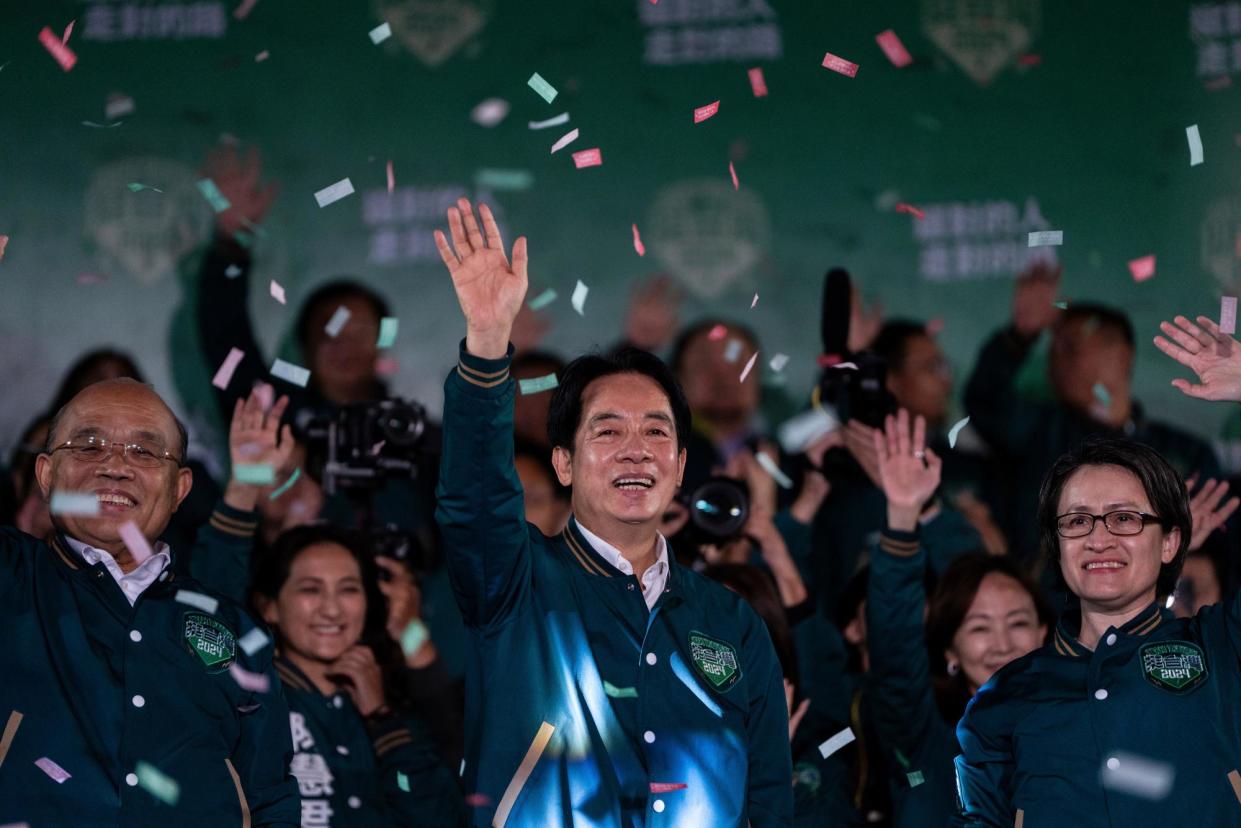China will use AI to disrupt elections in the US, South Korea and India, Microsoft warns

China will attempt to disrupt elections in the US, South Korea and India this year with artificial intelligence-generated content after making a dry run with the presidential poll in Taiwan, Microsoft has warned.
The US tech firm said it expected Chinese state-backed cyber groups to target high-profile elections in 2024, with North Korea also involved, according to a report by the company’s threat intelligence team published on Friday.
“As populations in India, South Korea and the United States head to the polls, we are likely to see Chinese cyber and influence actors, and to some extent North Korean cyber actors, work toward targeting these elections,” the report reads.
Related: Chinese mourners turn to AI to remember and ‘revive’ loved ones
Microsoft said that “at a minimum” China will create and distribute through social media AI-generated content that “benefits their positions in these high-profile elections”.
The company added that the impact of AI-made content was minor but warned that could change.
“While the impact of such content in swaying audiences remains low, China’s increasing experimentation in augmenting memes, videos and audio will continue – and may prove effective down the line,” said Microsoft.
Microsoft said in the report that China had already attempted an AI-generated disinformation campaign in the Taiwan presidential election in January. The company said this was the first time it had seen a state-backed entity using AI-made content in a bid to influence a foreign election.
A Beijing-backed group called Storm 1376, also known as Spamouflage or Dragonbridge, was highly active during the Taiwanese election. Its attempts to influence the election included posting fake audio on YouTube of the election candidate Terry Gou – who had bowed out in November – endorsing another candidate. Microsoft said the clip was “likely AI generated”. YouTube removed the content before it reached many users.
The Beijing-backed group pushed a series of AI-generated memes about the ultimately successful candidate, William Lai – a pro-sovereignty candidate opposed by Beijing – that levelled baseless claims against Lai accusing him of embezzling state funds. There was also an increased use of AI-generated TV news anchors, a tactic that has also been used by Iran, with the “anchor” making unsubstantiated claims about Lai’s private life including fathering illegitimate children.
Microsoft said the news anchors were created by the CapCut tool, which is developed by Chinese company ByteDance, the owner of TikTok.
Microsoft added that Chinese groups continue to mount influence campaigns in the US. It said Beijing-backed actors are using social media accounts to pose “divisive questions” and attempt to understand issues dividing US voters.
“This could be to gather intelligence and precision on key voting demographics ahead of the US Presidential election,” said Microsoft in a blog post accompanying the report.
One post on X, formerly Twitter, referred to a $118bn bipartisan bill in the US that combined a $20bn of investment in the US-Mexico border with a $75bn package for Ukraine and Israel. It asked: “What’s your reaction?” Another flagged the loss of an F-35 fighter in South Carolina last year, saying “only under the Biden administration” could a valuable piece of military hardware be lost – although debris was found soon after – and asked “what do you think about this?”
The report was published in the same week that a White House-appointed official review board said “a cascade of errors” by Microsoft let state-backed Chinese cyber operators break into email accounts of senior US officials. Last month, the US and UK governments accused China-backed hackers of waging a years-long cyber campaign targeting politicians, journalists and businesses, as well as the UK’s election watchdog.


